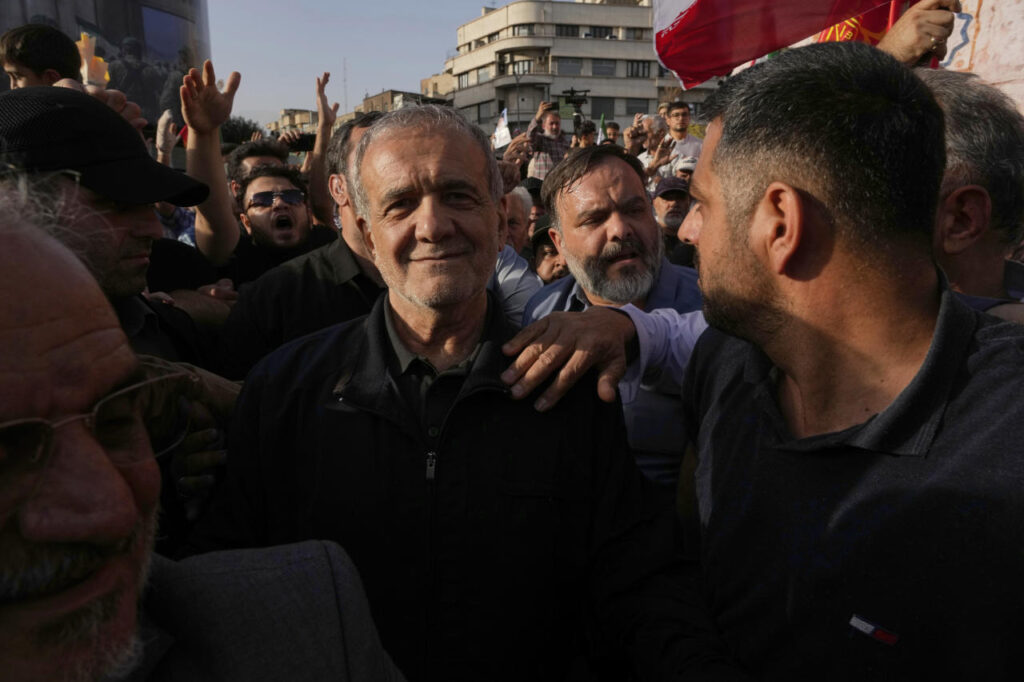
In a significant geopolitical shift, Iran has announced the suspension of its cooperation with the United Nations’ International Atomic Energy Agency (IAEA). This decision effectively leaves the agency without oversight of Tehran’s nuclear activities, sparking widespread concern among the international community.
The development, confirmed by Iranian officials on Tuesday, comes amid escalating tensions between Iran and Western nations over the country’s nuclear ambitions. The cessation of cooperation means the IAEA is currently unable to monitor any new nuclear work that Iran might undertake, raising fears of potential advancements in nuclear capabilities.
Background and Context
Iran’s decision to suspend cooperation with the IAEA is the latest in a series of moves that have strained its relations with the West. The country has been under significant international scrutiny since the United States withdrew from the Joint Comprehensive Plan of Action (JCPOA) in 2018, a landmark agreement aimed at curbing Iran’s nuclear program in exchange for sanctions relief.
Since the US withdrawal, Iran has gradually rolled back its commitments under the JCPOA, citing the failure of European signatories to mitigate the impact of renewed American sanctions. The IAEA has been a critical player in monitoring Iran’s compliance with the nuclear deal, making Tehran’s recent decision particularly concerning.
Implications for Global Security
The suspension of cooperation with the IAEA raises significant questions about the future of nuclear non-proliferation efforts in the Middle East. Experts warn that without the agency’s oversight, there is a heightened risk of nuclear proliferation in a region already fraught with geopolitical tensions.
“The lack of transparency could lead to a dangerous escalation,” said Dr. Emily Harding, a senior fellow at the Center for Strategic and International Studies. “Without the IAEA’s monitoring, the international community is left in the dark about Iran’s nuclear activities.”
This development follows a pattern of increasing defiance from Tehran, which has repeatedly stated that its nuclear program is for peaceful purposes. However, the lack of external verification leaves room for skepticism and concern among global powers.
Historical Parallels and Expert Opinions
The current situation has drawn comparisons to past nuclear standoffs, such as North Korea’s withdrawal from the Nuclear Non-Proliferation Treaty in 2003. Like North Korea, Iran’s actions could potentially lead to a regional arms race, as neighboring countries may feel compelled to bolster their own defenses.
According to Dr. Ali Rezaei, a Middle Eastern affairs analyst, “Iran’s move is reminiscent of historical instances where countries have used nuclear ambiguity as a strategic tool. The international community must tread carefully to avoid exacerbating the situation.”
Next Steps and International Response
The international community is now faced with the challenge of responding to Iran’s decision. Diplomatic efforts are likely to intensify as world leaders seek to bring Iran back to the negotiating table. The European Union has already called for an emergency meeting to discuss potential responses, emphasizing the need for dialogue and diplomacy.
Meanwhile, the United States has reiterated its commitment to preventing Iran from acquiring nuclear weapons, with officials stating that “all options are on the table.” However, the path forward remains uncertain, as both sides have shown little willingness to compromise.
As the situation unfolds, the world watches closely, aware that the stakes are high. The outcome of this diplomatic impasse could have far-reaching implications for global security and the future of nuclear non-proliferation efforts.






